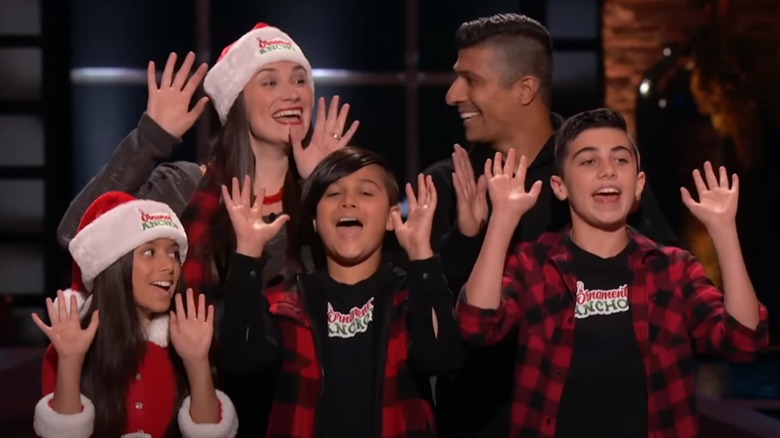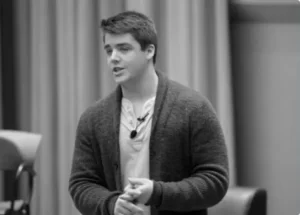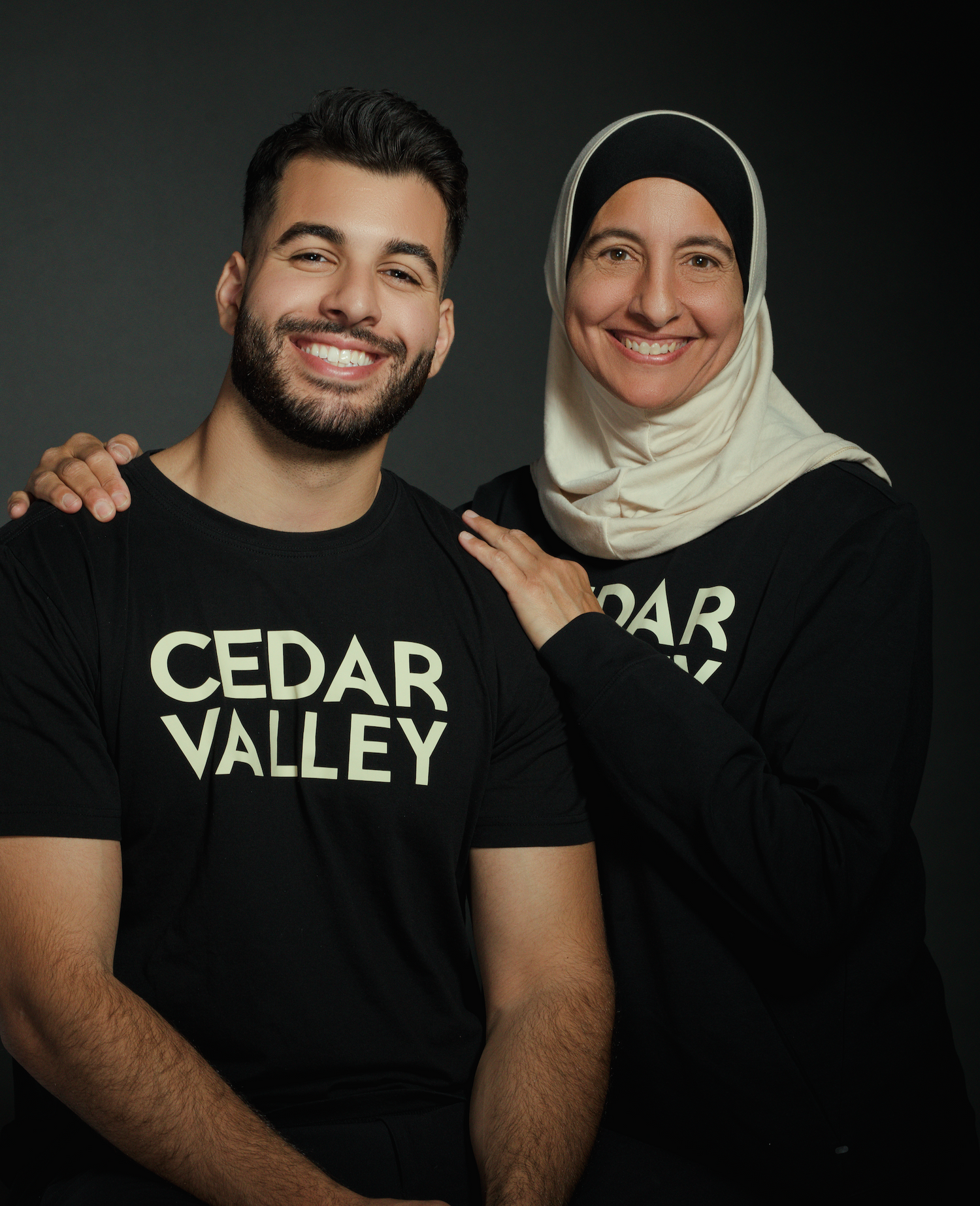
Have you ever wanted to try out investing but was never taught very well, or do you want to know how to make some money passively? If you’re curious to learn more about investing, then Alinea is the solution for you! Alinea was founded by Anam Lakhani and Eve Halimi when they were only just 24 years old! They came up with the idea in class at Barnard College, Columbia University because they noticed that some of their classmates didn’t want to invest because they didn’t know a lot about it. They also realized that not knowing a lot about investing shouldn’t stop you from trying so they created Alinea, but what is Alinea? Alinea is an investing app that was created with Gen Z’s in mind to help them grow their investments. Alinea is also backed up by Harvard, Goodwater, Kima, Y Combinator and many others. Eve and Anam created this app because it can hard and tricky to understand financial markets, especially today. The internet and technology keep growing, and so do the opportunities to make money. Alinea is a great way for new investors to get more familiar with the stock market and they also offer an “inclusive community for new investors.”
 In the app, there’s personalized investing recommendations and caters towards different demographics and generations. Another cool feature of the app is how users can even start investing with as little as $1 for fractional shares of stocks and EFTs. Not every investing app lets you start off with $1, and with the starting price being so low the risks are also pretty low. Alinea also has a feature called “playlists” that are groups of stocks that can be customized based on what your values or lifestyles are. There’s even the option to invest in female-founded companies and many others. Over the years, this app has $2.1 million in funding from a lot of strategic investors and even Hardvard! Alinea is SEC registered investment advisor, FINRA & SIPC Insured as a drivewealth partner, and bank-level security, and SSL & 256-bit encryption. Having all of these features makes investing safer and easier, with lower risks and a whole lot of learning without the stress! With an annual membership only being $96, you can get access to a whole lot of support and learning opportunities on how to invest! Check out their website here!
In the app, there’s personalized investing recommendations and caters towards different demographics and generations. Another cool feature of the app is how users can even start investing with as little as $1 for fractional shares of stocks and EFTs. Not every investing app lets you start off with $1, and with the starting price being so low the risks are also pretty low. Alinea also has a feature called “playlists” that are groups of stocks that can be customized based on what your values or lifestyles are. There’s even the option to invest in female-founded companies and many others. Over the years, this app has $2.1 million in funding from a lot of strategic investors and even Hardvard! Alinea is SEC registered investment advisor, FINRA & SIPC Insured as a drivewealth partner, and bank-level security, and SSL & 256-bit encryption. Having all of these features makes investing safer and easier, with lower risks and a whole lot of learning without the stress! With an annual membership only being $96, you can get access to a whole lot of support and learning opportunities on how to invest! Check out their website here!
Sources:
ALINEA INVEST : FOUNDING STORY | Alinea Invest: Social Investing App for GenZ






